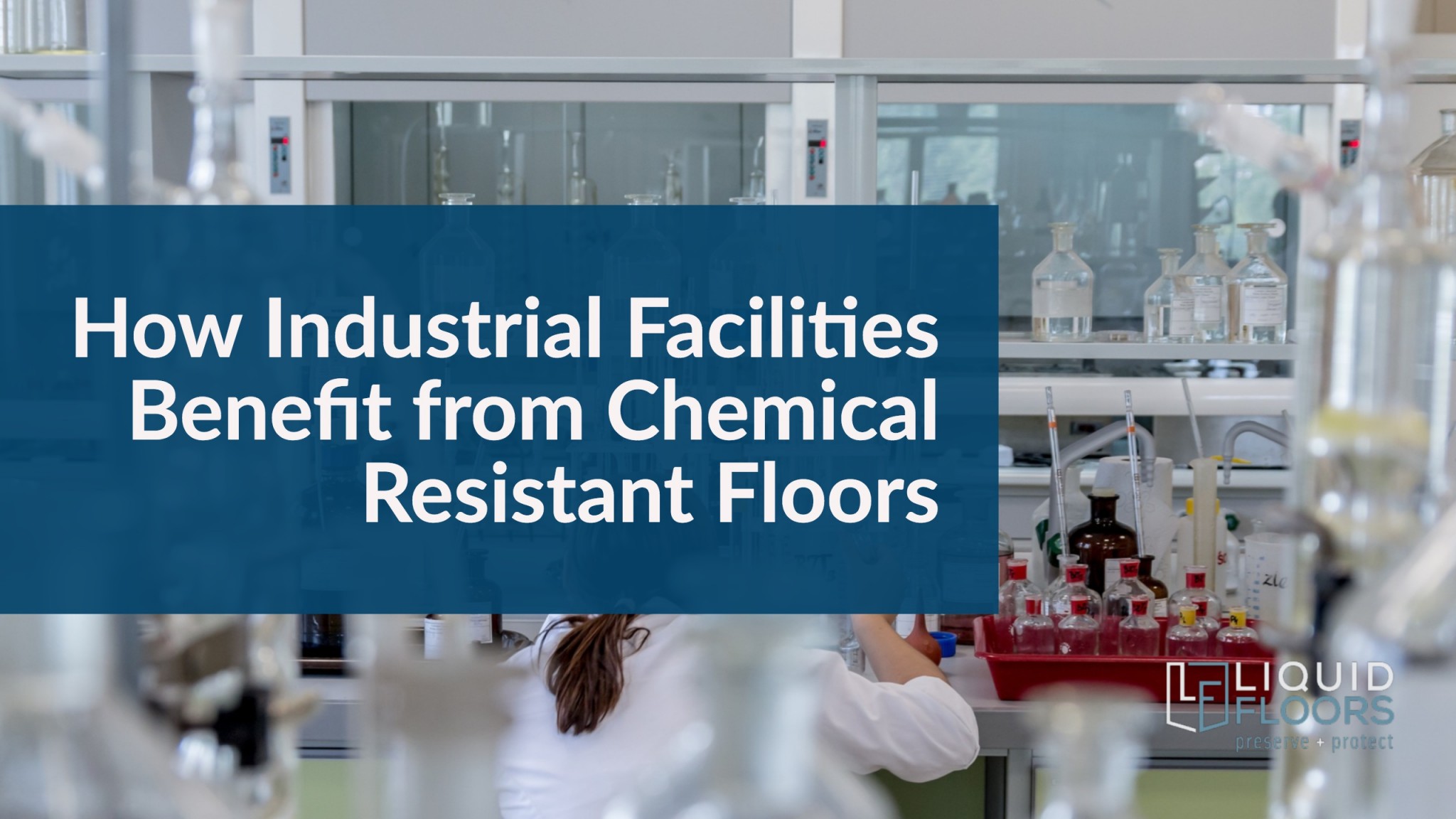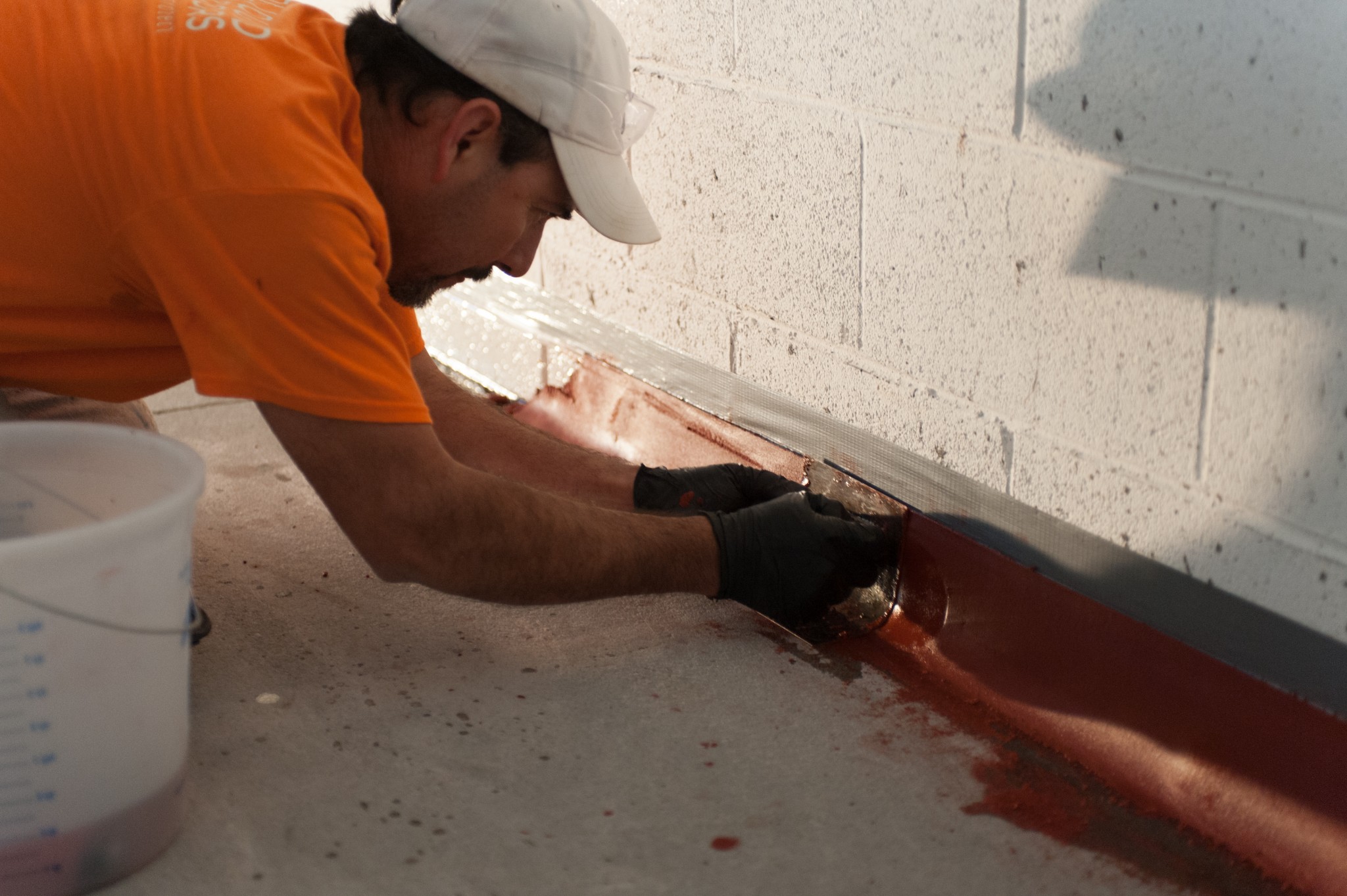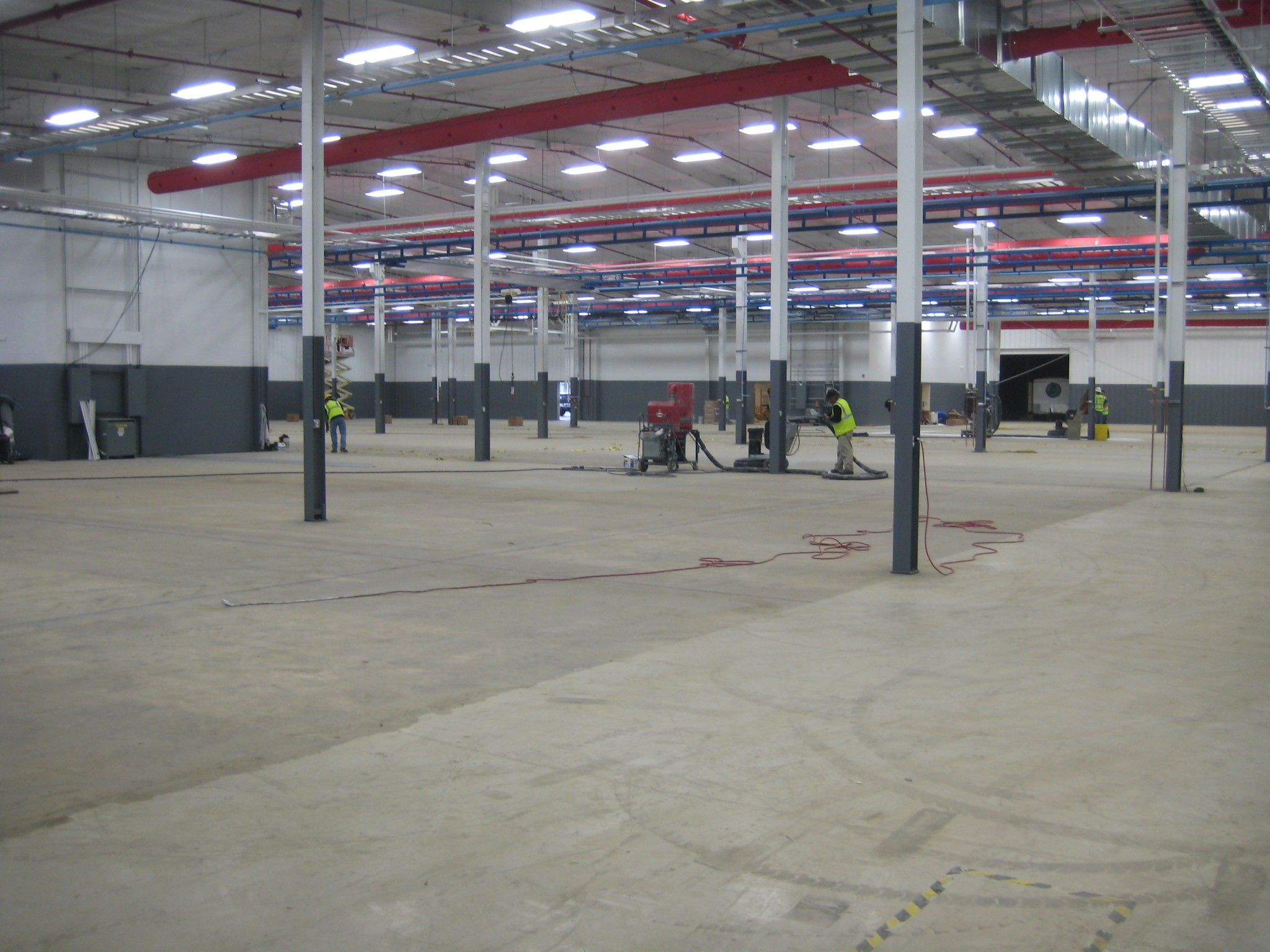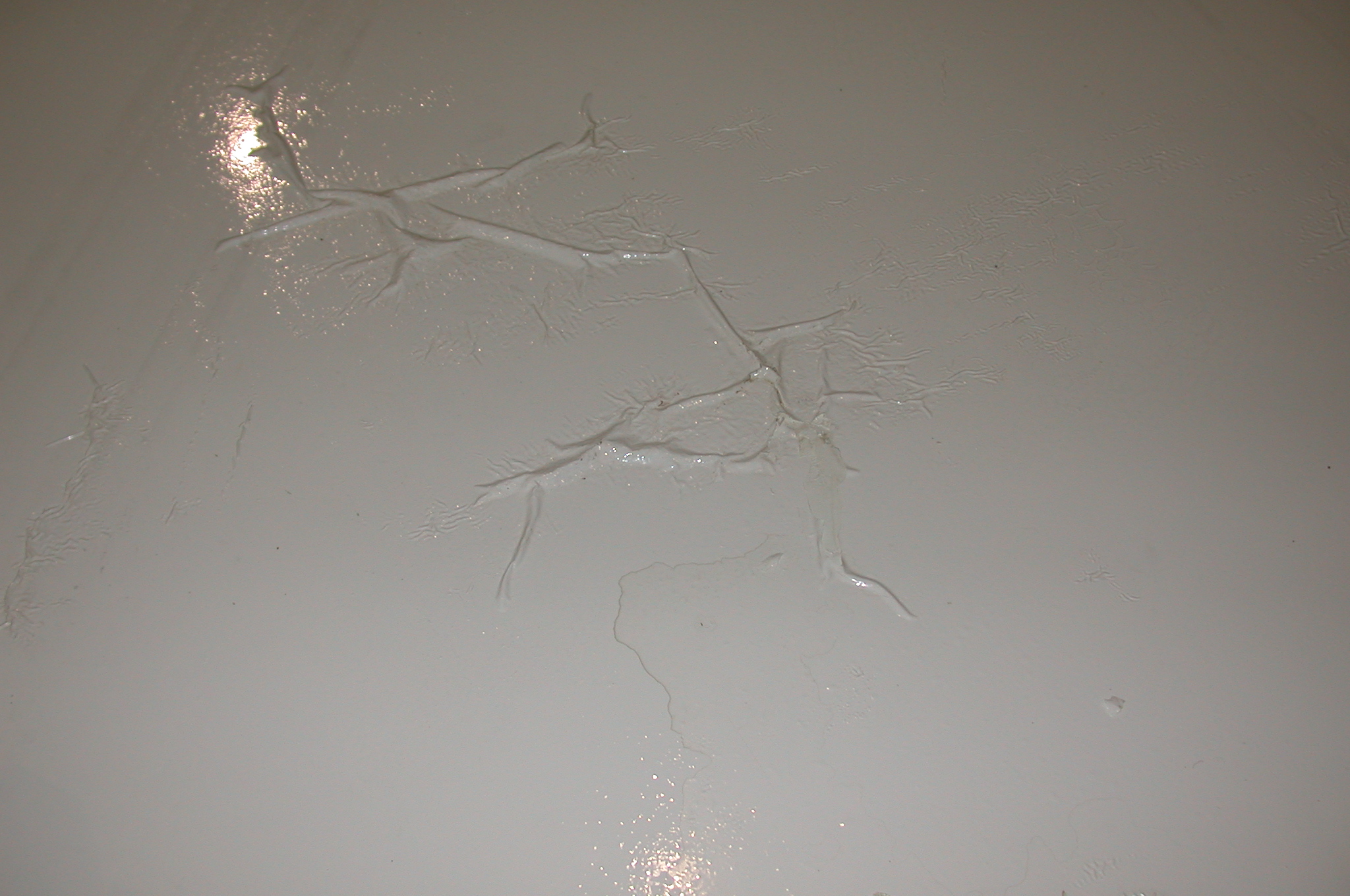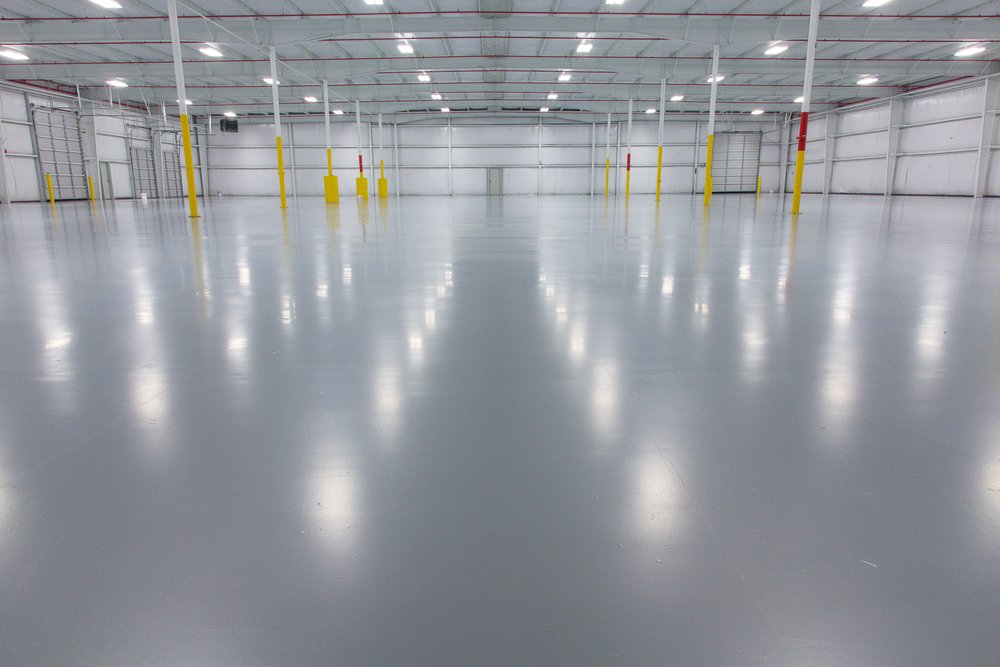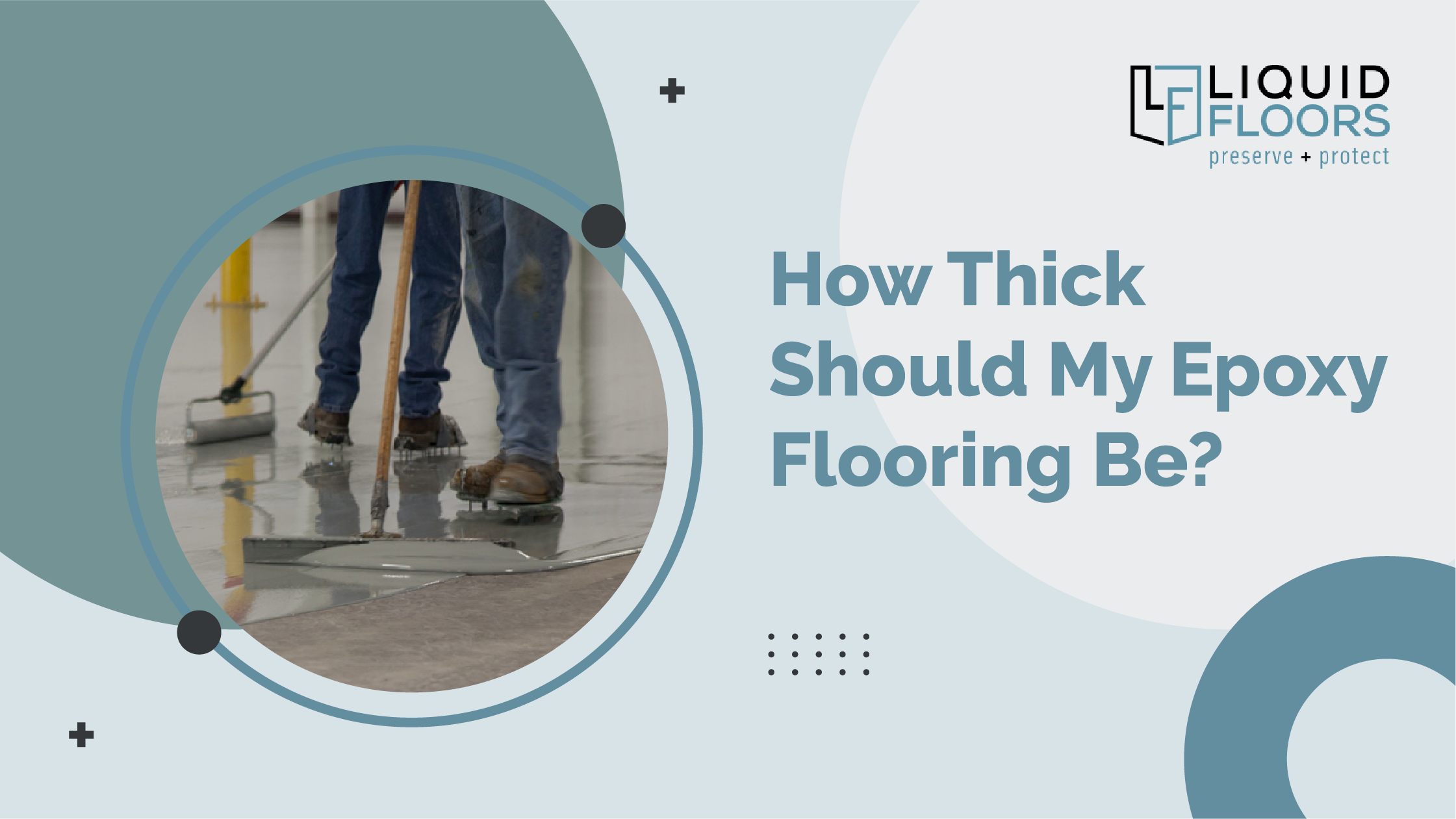How Industrial Facilities Benefit from Chemical Resistant Floors
Whether your facility is susceptible to oil leaks from vehicles like airplanes and trucks or chemical spills related to the manufacturing of products, having the right flooring protection in place is critical to the safety of your employees. However, the right flooring goes beyond protecting your facility or the people inside it. It can also protect the environment and community around you. That is where chemical resistant floors come into play. Naturally, unprotected concrete floors absorb chemicals and liquids. Those chemicals then spread throughout the concrete and can even leak all the way through into the ground below becoming a danger to the environment and becoming a liability to your business. Thankfully, there are a number of ways to protect your facility from these hazardous chemicals using epoxy floor coating systems by Liquid Floors. Chemical Resistant Solutions Liquid Floors installs flooring systems that are resistant to acids, alkalize, solvents, vehicle
Epoxy Floors and Cove Base
Often we see specifications that call for an epoxy floor and cove base. Most specifications will detail the epoxy floors, application procedures and application thickness. Unfortunately, many specifications will not detail what is required for a cove base. There are numerous options for cove base and when left open to interpretation can cause confusion and you as a customer not getting what you were expecting. One type of cove base is just a “painted-on” epoxy base. The only real purpose of this is for aesthetics. When you want your accent cove to match the floor this is the type of cove base you would specify. We do not consider this a real cove base and always try to clarify if this is the type of cove base someone is expecting. The most popular style of cove base is one that I refer to as a “standard radius” cove. This is usually
Epoxy Flooring Installation for New Construction
It’s time to upgrade your facility – expansion or building a new building, either one brings on extra work and headaches! However, that is a good thing because your business is growing. And with that expansion comes new epoxy flooring. Take a minute to read the following tips and alleviate a few headaches on the epoxy floor installation. The finishes on new construction are often second thoughts for the installation. Contractors, architects and owners spend a lot of time picking out colors, materials and locations for epoxy flooring but very little time planning the installation. For a successful installation you need to spend time early in your building process to plan the installation. Remember when a flooring contractor starts installing epoxy, they are taking up the floor. The other trades are not going to be able to work in the same area. This is a problem on a large percentage
Moisture and Epoxy Floors – Get to the Core of the Problem
Moisture and epoxy floors. Well, those words do not go together! During my 20+ years in the epoxy flooring business I bet I have said a thousand times, “whoever figures out how to stop floor failures because of moisture will be rich!” While I do not believe anyone has totally figured it out, I do know there are a number of things you can do to limit the risk of a floor failure. The question is; are you willing to invest a little money before you install an epoxy floor? I personally think that most moisture related failures are not truly caused directly by moisture. Remember, most concrete has moisture in it. The 2 questions that I think are important are – Is the moisture being pulled to the surface? What contaminants are being brought to the surface with it? The first question is easy and fairly inexpensive to
Year End Facility Epoxy Floor Project Planning
Summer is almost over! Vacations are finished, kids are heading back to school, you can see an end to the heat and football is in the air! Work is getting back to a regular routine. You may be thinking about a couple of year-end projects you need to get done in your industrial facility. Is it new lighting, rearranging workflow, new equipment, installing a new epoxy floor or polishing concrete? No matter what project you have in mind, now is the time to start your epoxy floor project planning. Every year, in my 22 years of epoxy flooring installation, I have one or two manufacturing facilities call in the first two weeks of December to get their floors coated or polished. Unfortunately, we have to tell them it is too late. The last few weeks of every year are in high demand, because facilities shut down and
How Thick Should My Epoxy Flooring Be?
When it comes to installing new epoxy floors in your commercial, industrial or manufacturing facility, you may be asking yourself, "How thick should my epoxy flooring be?" The thickness of the epoxy depends on the current conditions of your floor, the “decorative” look you want and the type of business. How Is Epoxy Floor Thickness Measured? Epoxy floor coatings are measured in mils. One mil is 1/1000th of an inch. How Thick Can You Pour Epoxy Resin? Epoxy thicknesses can range from .2 – 3 mils to 250 mils (1/4”) or thicker, depending on the application. The thinner epoxy floorings are typically used for new concrete or concrete that is in decent shape and does not need a lot of repair work. The thicker coatings are used to repair and rebuild concrete floors that are in bad shape. Thin Epoxy Floor Coatings Thin epoxy coatings are great for industrial and

